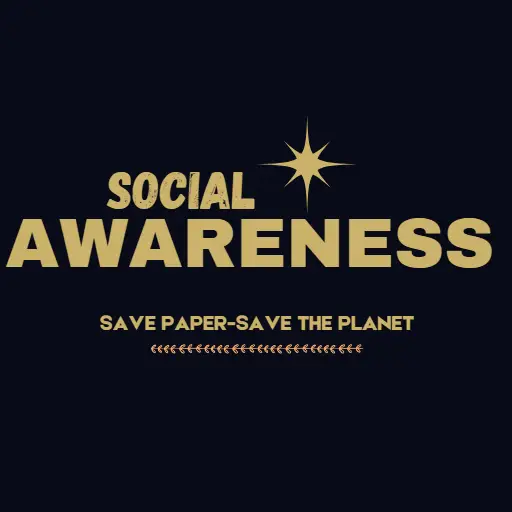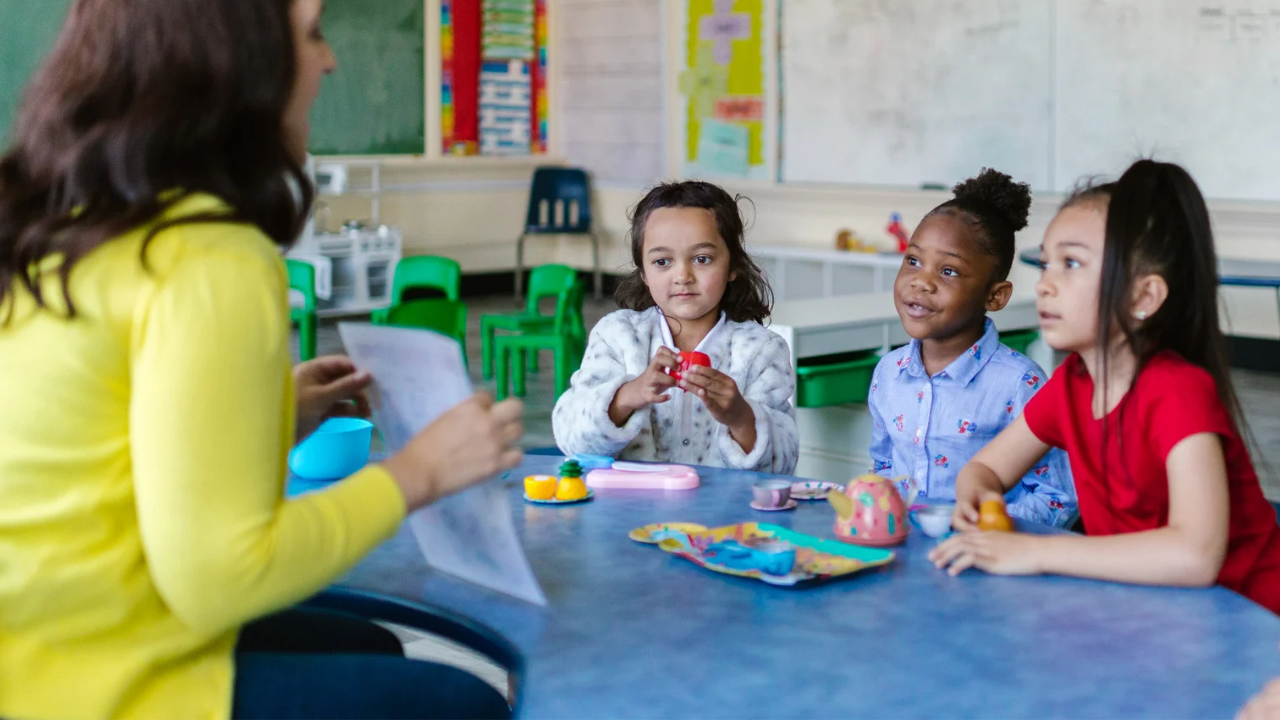“How ‘Be Careful!’ Might Affect Your Child’s Confidence (And Better Things to Say)”
Introduction
As parents, we feel a deep urge to protect our children.Whether they’re climbing the jungle gym, learning to ride a bike, or just running around the house, our instinct is often to say, “Be careful!” But while this phrase may seem harmless, it can actually create unnecessary anxiety, undermine a child’s confidence and make them hesitant to try new things.
In this article, we’ll explore why constantly saying “Be careful!” may not be the best way to say it — and what you can say to encourage confidence and smart decisions.
How saying “Be careful!” affects a child’s thinking
1. It creates fear instead of awareness
When children repeatedly say “Be careful!” hearing it can make them associate everyday activities with danger — even when there’s no real risk. Instead of learning to assess situations, they may become overly cautious or reluctant to try new things.
For example, if a child climbs a small tree and hears the repeated “Be careful!” warning, he or she may start to think, “Climbing trees must be dangerous,” instead of, “I should find stronger branches to step on.” This fear-based mindset may prevent them from taking on new challenges.
2. It undermines their confidence
Children learn best from experience. If they are constantly warned to be careful, they may begin to doubt their own judgment. Instead of being confident in their abilities, they may constantly seek approval from adults, which can lead to hesitation and low self-confidence.
Imagine a child learning to balance on a scooter. If a parent constantly says, “Be careful! Don’t fall!”, the child may focus more on the fear of falling than on actual balancing. This can make him feel less competent – even if he’s perfectly capable of figuring it out.
“3. It Doesn’t Give Them Clear Guidance
Saying “Be careful!” doesn’t actually tell your child what they should watch for or how to handle the situation safely.
Take a child carrying a glass of water. When you call out “Be careful!” they might wonder: Should I walk slower? Hold the glass with both hands? Watch where I’m stepping? Without specific instructions, they’re left guessing what the actual danger is and how to avoid it.
When we provide clear, specific guidance instead, we give our children the tools they need to make smart decisions and build problem-solving skills they can use again and again.”.
What to say instead of “Be careful”?
Instead of giving vague warnings, try these options to develop awareness, confidence, and problem-solving skills:
1. Describe the situation clearly
Instead of: “Be careful!”
Say, “The rock looks slippery – hold on with both hands while climbing.”
This will help your child assess risk and make better decisions.
2. Ask open-ended questions
Instead of: “Be careful!”
Say, “How will you get back down safely?”
This promotes critical thinking and develops risk assessment skills in children.
3. Provide helpful reminders
Instead of: “Be careful!”
Say, “Look ahead and take small steps.”
This puts the focus on what they should do rather than what could go wrong.
4. Help Them Feel in Control
Instead of: “Be careful!”
Say: “Step gently and see if it feels stable before you put your weight on it.”
This helps kids pay attention to their movements so they can stay safe without fear.
Final Thoughts: Build Confidence Through Wise Guidance
The goal isn’t to stop warning kids about danger but to help them handle risks with confidence. Instead of saying “Be careful!” try giving clear instructions, asking helpful questions, and guiding them to be more aware of their movements.
By doing so, you’ll help your child develop confidence, independence, and the ability to assess challenges without unnecessary fear.
What do you think?
Have you noticed how your child reacts when you say “Be careful”? Try replacing it with a more helpful phrase and share your experience in the comments!




